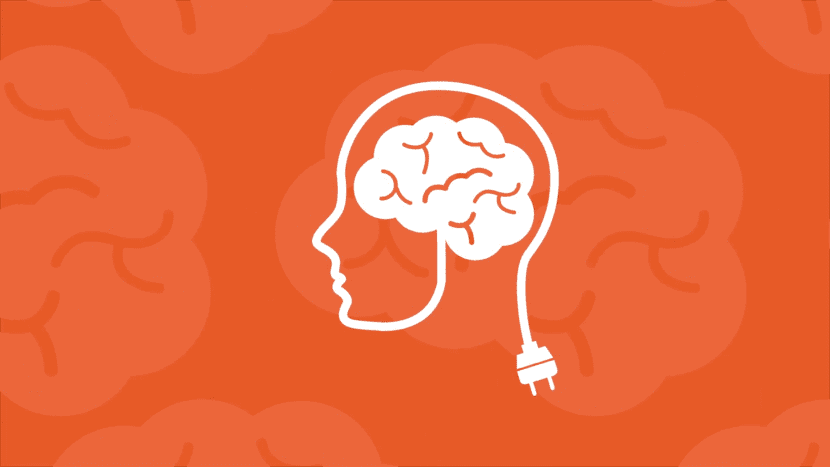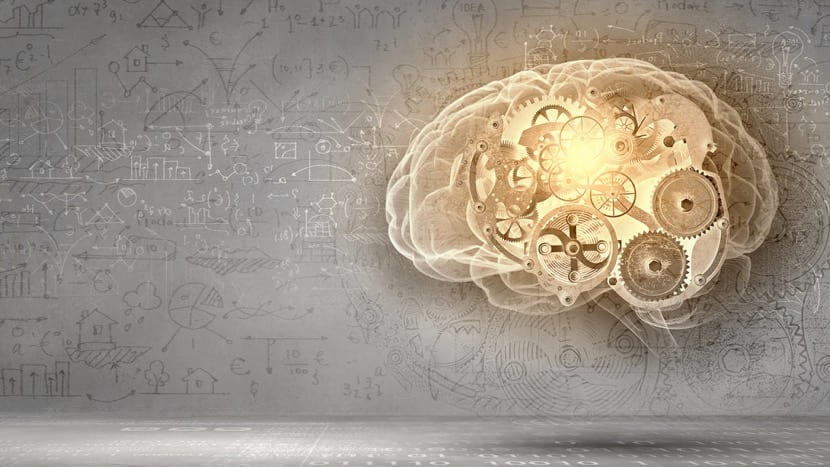
Until not long ago it was thought that knowledge was housed in different brain modules. The Spanish neuroscientist Joaquin Fuster proposed that memory and the soul arise from the great neural network of the brain, which is connected to each other.
Neurons can die in the brain, but the memory of a person's face can remain permanently in the memory, where is this memory kept, taking into account that there are cells and neurons that die? Memory can be so durable because the emotional circumstances in which the memory was acquired can be firmly formed thanks to the emotional climate. What's more, in the course of life these memories are repeatedly exercised.
There are many kinds of memory and the type of memory that remains is also important. These memories are exercised during life and thus they subsist but at the same time the connections are weakened and memory is lost, but new ones are also being created. The trick to acquiring new memory and improving your mind is to exercise your brain. Physical exercise is just as important as mental exercise.

Neurons do not die irretrievably at age 40
It was thought that from the age of 40 neurons died in the brain of people irremediably, this left us a bleak picture in terms of the brain. Now we know that they do not die, only the connections between them diminish. New neurons are born throughout life, especially in the area of learning and memory, but for this they must be stimulated through mental exercise.
Mature age reaches 30 years and from then on the brain begins to age. This can be avoided or delayed with some exercises. Paco Mora helps us with 12 tips that all people should take into account to practice them every day of our lives. This way, diseases such as senile dementia, Parkinson's or Alzheimer's could be avoided.
12 tips for a healthy brain
Do not miss these tips from Paco Mora so that your brain is strong and healthy:
- Eat less. Eating more than we need increases oxidative stress in the brain that attacks proteins, lipids, DNA, and the brain. Fewer meals increase the production of new neurons in the hippocampus, increase the synapse, and enhance neuronal repair mechanisms.
- Do sports regularly. Doing aerobic sports habitually secretes substances that have an impact on greater plasticity in the brain, the synapses between neurons are strengthened and learning and memory are improved.
- Get mental exercise every day. Reading or doing crosswords is not enough, you need to stimulate the brain. Learning a new language is a good example of exercising with the mind that requires effort but brings pleasure because it is useful and others admire us.
- Travel a lot. Traveling requires learning and memorizing. The routine is disastrous for the brain, in addition to traveling generates a host of emotions that is what moves the neurons.
- Live together. Good mental health comes from having good and constant relationships with others. Emotional transfers have emotional benefits. Those who live with a partner and have friends can better adapt to changes.
- Adapt to changes. Adapting means adapting to the times. If you are a person who isolates yourself or you think you are old for something, you will only get emotionally stressed.
- Avoid chronic stress. Stress is bad for the body because hormones are generated that affect the brain and the body. The best thing to counteract this is to play sports.
- No smoking. Smoking produces small strokes, nicotine produces a reduction in memory and atrophy, in addition it kills neurons and increases oxidative stress in the brain.
- Sleep well. We need up to 8 hours of soil every night so that the brain can work and repair tissues and also to eliminate those memories that do not serve us and strengthen what is necessary to survive.
- Avoid emotional blackout. It is necessary to live with motivation in life, live with excitement and enthusiasm because it pushes us to live and be well.
- Be grateful. Thanking is the most beautiful human gesture and it makes us feel good, it allows us to create new bonds and leave behind emotional burdens.
- Enjoy the little things. Enjoying the little things is important, without creating needs that make us struggle or stress to get them.

Knowledge is not fixed in one part of the brain
This is called the 'modular conception' because knowledge is not fixed in one part of the brain, that is the past. The neural network is the key to memoryThis is the basis of all knowledge and all memory, it is formed throughout life through experience and in the connection between emotions and neurons.
The modules of this knowledge is the basis of learning, it is seeing and hearing. The consciousness of memory and knowledge is in the network because it is relational, this is the code of knowledge. Gestalt or form psychology is related to this, because things have meaning when related to parts.
Neural networks of knowledge are formed by association and experience and share cells and cell groups. A cell group can be part of many networks. Everything is a related code to be able to understand, it cannot be reduced to its minimum parts.
The brain is not a drawer where memories are stored, there are no specialized areas in a single function, thanks to advances in neuroscience this theory has been ginned up. The brain is a complex network with interconnected neurons. and each one in addition to being part of numerous networks, they have many different roles. It is like the Internet. We have about 20 billion neurons that make up the brain and that are related to each other in order to have memory and the brain stores them in distributed networks.
Relationships are formed differently in one person than in another, but common networks are shared such as the network of culture, the laws of language, emotions ... And that remains and is above all, since it is the result of the replication of smaller networks, which are organized at the hierarchical level. The brain inhibits memories that are not important to prioritize what is important.

The three kinds of memory focused on the future
Memory is still a mystery but there are three types: Long term memory (which allows you to remember, for example, things that happened to you in your childhood), short term memory (which allows you to remember a phone number until you write it down on paper) and working memory. This last memory is the most important for people because it is what allows us to link the memories that we have stored and act accordingly. It is the memory for example that we use when we talk to someone.
With the brain we adjust to the environment and it is the interface between us and the environment (external and internal). In the course of evolution the cerebral cortex has developed and the human being has acquired peculiar properties that allow it two things: language and prediction.
All executive functions have a function, working memory, decision-making, creative capacity ... all are focused on the future, do things to get others. Perceptual knowledge is distinguished from complex cognitive knowledge because, although they have relationships between the two sectors (both participate in the perception-action cycle, the action produces changes in the environment) and the system is fed back. This means that if, for example, you meet a person, you will relate that person to your emotions and aesthetics, and they will color the vision of that person and relate to the memory you have of that person or others like them to know how to react. before that person. Behavior and language are modulated.
The soul is in the brain but not in its compartments ... The soul is in the brain network.
Fountain; Networking